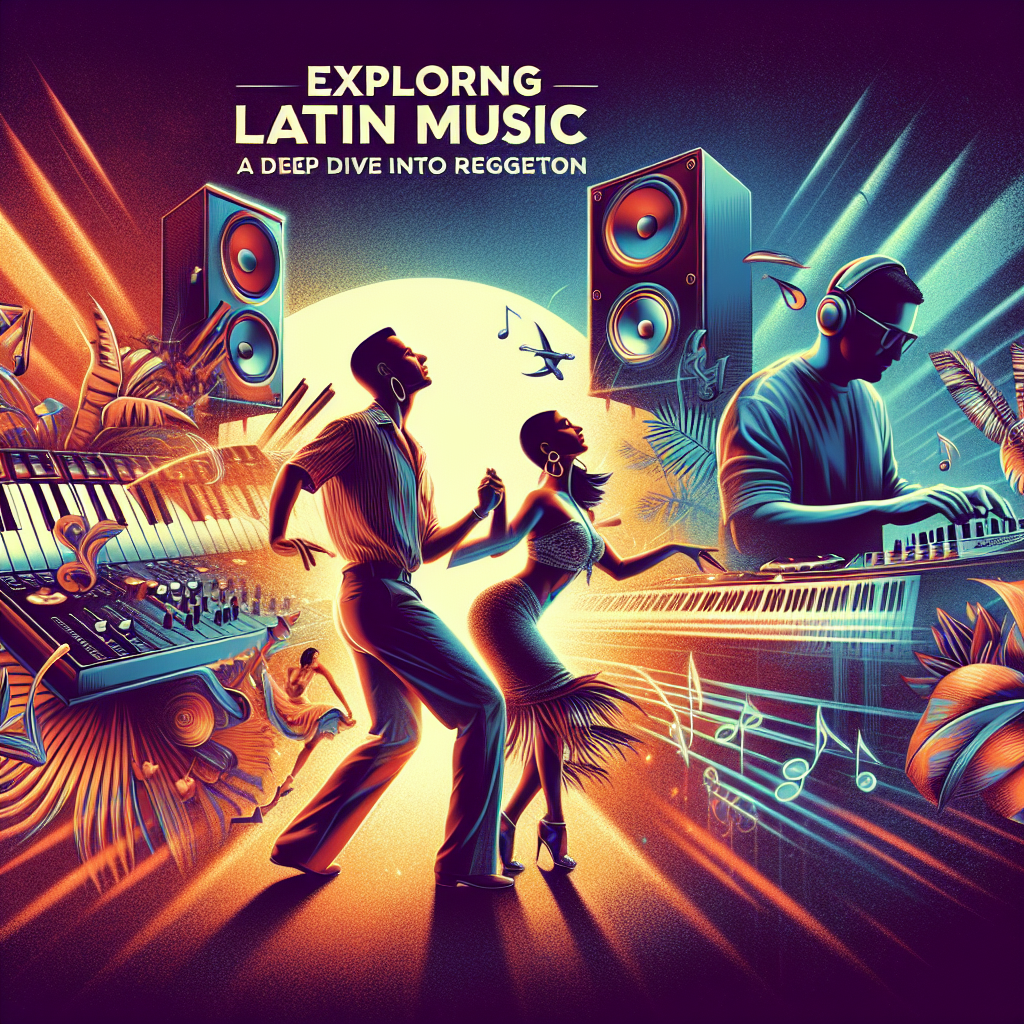Cumbia, often referred to as the ‘Mother of Latin Music’, is more than just a genre. Originating from Colombia’s Caribbean coastal region and Panama in the 17th century, it’s a cultural artifact that combines Indigenous, African, and European sounds into a rhythm that pulses with the heartbeat of Latin America.
The Roots of Cumbia
The word ‘Cumbia’ is derived from the African term ‘Cumbe’, which means dance. Indigenous Colombians and Panamanians, under colonial rule, combined the Cumbe dance with their traditional flutes and percussion instruments to create what we now recognize as Cumbia music. Over time, the sounds of guitars, accordions, and brass instruments were added, resulting in a rich blend of melodies that echo the region’s cultural diversity.
The Evolution of Cumbia
Cumbia has evolved greatly since its inception, crossing borders and making its way into the hearts of Latin music lovers worldwide. The genre’s unique rhythms and melodies have been adapted into different regional styles, such as Mexican Cumbia, Argentine Cumbia and Peruvian Chicha, each adding their own cultural flavor to the original sound.
Modern Cumbia has incorporated elements from other popular music styles, like salsa, reggae, and electronic music, while maintaining its traditional roots. This evolution has led to the creation of sub-genres like techno-cumbia and cumbia rap. Moreover, today’s Cumbia includes socio-political messages, presenting a platform for artists to contribute to important societal dialogues.
The Influence of Cumbia on Latin Music
As a vital component of Latin music, Cumbia has greatly influenced many genres. Its rhythms lay the foundation for salsa and merengue, while its lyrics have informed Latin pop and reggaeton. Many Latin artists, from Selena Quintanilla to Carlos Vives, have integrated Cumbia into their music, using its powerful rhythms and infectious energy to captivate audiences globally.
Cumbia’s Impact Today
Today, Cumbia continues to be a driving force within Latin music. Its popularity reveals the resilience and adaptability of traditional sounds in an ever-changing musical landscape. Even in its varied modern forms, Cumbia music remains true to its roots, reminding us of the brilliance of Latin America’s cultural diversity and its profound influence on the world’s musical panorama.
Conclusion
From its origins to its various adaptations, Cumbia reflects the heart and soul of Latin American culture. It serves as a testament to the fascinating blend of Indigenous, African, and European influences that define the region. As the heartbeat of Latin music, Cumbia pulsates with a dynamic rhythm that transcends borders and resonates with music lovers worldwide. Its enduring power and influence ensure that it will continue to shape the Latin music scene for generations to come.
FAQs
1. What is the origin of Cumbia?
Cumbia originated from the coastal region of Colombia and Panama during the 17th century. It was born out of the cultural blend of Indigenous, African, and European influences.
2. How has Cumbia evolved over time?
Cumbia has developed numerous regional styles over time, each adding its unique cultural flavor. Modern forms of Cumbia incorporate elements from other music genres like salsa, reggae, and electronic music.
3. Who are some popular Cumbia artists?
Some popular Cumbia artists include Selena Quintanilla, Carlos Vives, Fito Olivares, and Celso Piña.
4. What influence does Cumbia have on Latin music?
Cumbia has a broad influence on Latin music. Its rhythms underpin other genres like salsa and merengue, and its lyrics have informed Latin pop and reggaeton.
5. How is Cumbia relevant today?
Cumbia continues to be a driving force in Latin music today, remaining resilient and adaptable in an ever-changing musical landscape. It continues to inform the sound and rhythm of multiple Latin genres.




